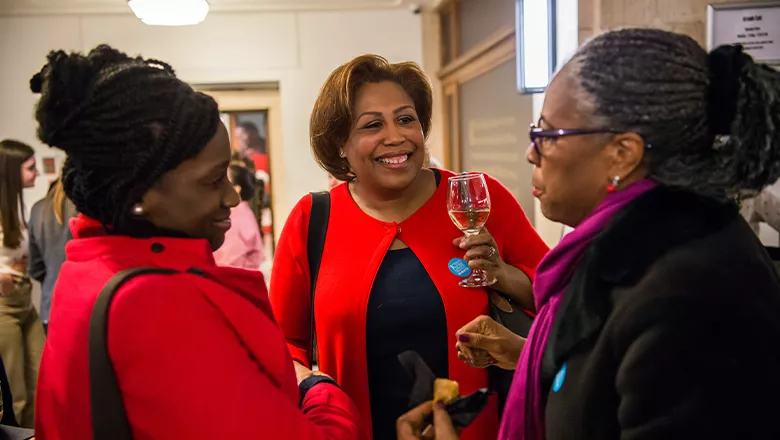We don’t think this is acceptable which is why Professor Steve Williams from King’s Institute of Psychiatry, Psychology and Neuroscience (IoPPN) is leading a remarkable international research initiative to improve chances of survival of babies and infants by using portable MRI machines. Using this game-changing equipment, Professor Williams and the team can understand and address the impact of malnutrition, infection and maternal anaemia on how babies’ brains develop in early life.
Europe’s first portable MRI devices were delivered to the Centre for Neuroimaging Sciences and the Evelina London Children’s Hospital and in 2021, through a programme funded by the Bill and Melinda Gates Foundation. Measuring less than 1.4 metres high and 1 metre wide, these mobile, ‘plug-in’ machines can complete a brain scan in minutes and are designed to be used by healthcare teams - even in challenging settings with poor facilities and very little technological infrastructure.
Our consortium has already installed 20 scanners across four continents. Their work scanning babies’ brains in those critical early hours, days and weeks of life will help support major trials and studies that will help children to survive and thrive. So far, we have collaborated with teams in South Africa, Uganda, Pakistan, Ethiopia, Malawi, Ghana and Zambia with further alliances with India, Kenya, Bangladesh and Tanzania planned for the coming year.






